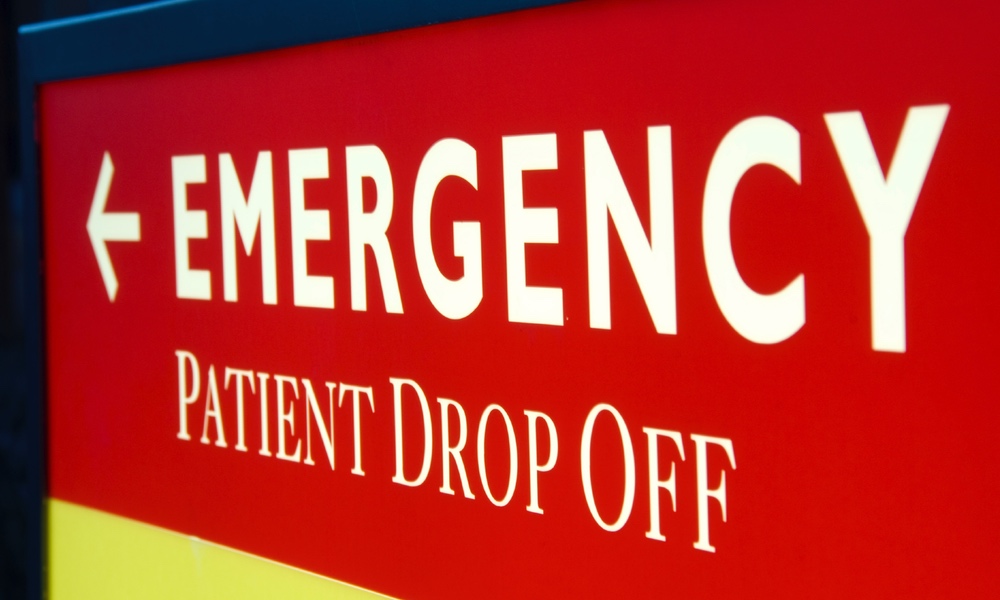The sinking feeling of having forgotten something — where you parked your car, the cookies for a school bake sale, the name of the man in front of you on the line at the bank — is a familiar one. Now you can blame it on a momentary lapse of brain coordination.
Memory and forgetting go hand-in-hand. And improving memory, such as with brief bouts of exercise or napping, has been a major focus of memory research.
Researchers recently made a key discovery about what happens when we forget. Memories are more likely to be formed in humans when two regions of the brain — the hippocampus and an area of the cortex — work together.It was only the coordination between the hippocampus and perirhinal cortex — not overall activity — that was important in forming memories.
When a piece of information hits our brain, the hippocampus sends out signals to a wide distribution of brain cells in the cortex. It has long been theorized that the wider the distribution of brain cells activated, the stronger the memory will be "consolidated" and retained inside the brain.
And when the coordination between these brain regions is less robust, or impaired in some way, the memories are more likely to be forgotten.
Scientists now have proof that this occurs and a new understanding of the way certain memories become etched in our brains.
Researchers at New York University showed study subjects a series of object-word pairings. The subjects were asked to form associations between the objects and words.
By repeating the testing over several days, the researchers honed in on some object-word pairs that were remembered across each day, as well as other pairs that were forgotten....This process takes time. Day-old memories show greater coordinated brain activity compared to recent ones. This suggests that coordinated brain activity increases with time after a memory is initially formed.
When they performed MRI scans of the subjects' brains, the object-word pairs that were consistently remembered were associated with greater connectivity between the hippocampus and the left perirhinal cortex. In contrast, less connectivity between these regions was detected during object-word pairs that the subjects tended to forget.
“These findings show the brain strengthens memories by distributing them across networks,” Lila Davachi, an associate professor in NYU's Department of Psychology and Center for Neural Science said in a statement.
The team of researchers also found that it was only the coordination between the hippocampus and perirhinal cortex — not overall activity — that was important in forming memories. The fact that overall activity was not associated with memory retention highlights the specialized role of the hippocampus-perirhinal cortex network in regulating whether memories are preserved or forgotten.
“When memories are supported by greater coordination between different parts of the brain, it's a sign that they are going to last longer,” Davachi said.
The study is published online ahead of print in the journal, Neuron.




